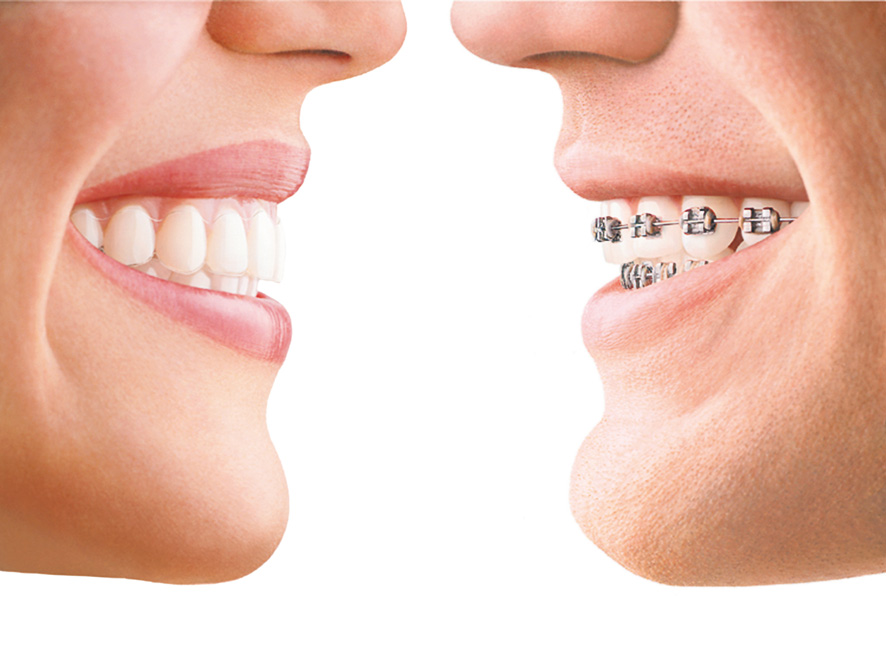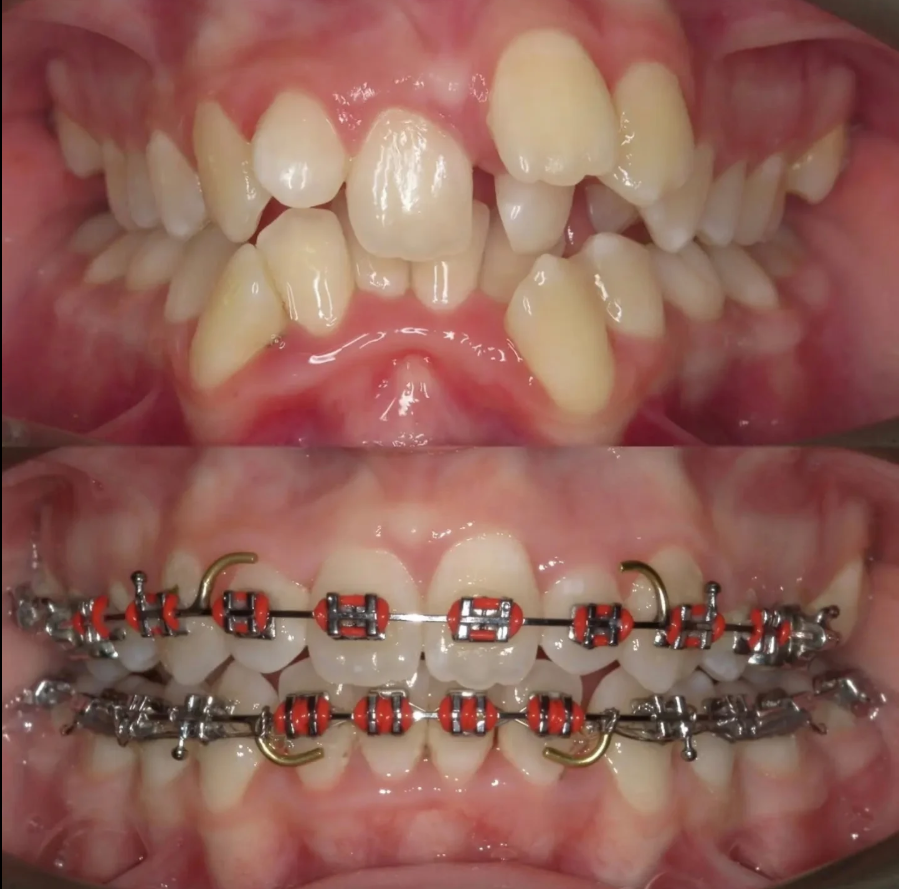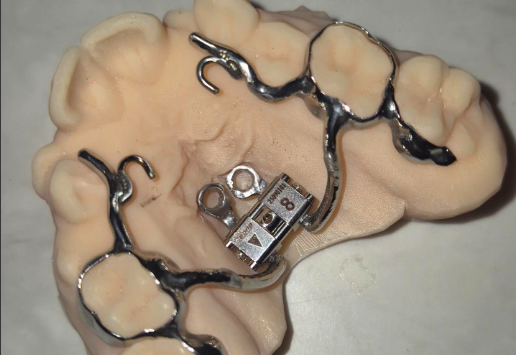Nickel allergies are common, and for patients considering orthodontic treatment, it’s natural to ask: “What if I react to the metal in braces?” Let’s explore the most common questions patients have about nickel and orthodontic options, especially clear aligners, which are completely nickel-free.
Do braces contain nickel?
Yes. Most braces use wires made from nickel–titanium alloys. These wires are strong, flexible, and very effective at moving teeth, but they do contain nickel. For most people, this is not an issue. However, if you know you have a nickel allergy, it’s important to discuss it with your orthodontist.
What happens if I have a nickel allergy and need orthodontic treatment?
If you are sensitive to nickel, you may notice irritation, itching, or inflammation when exposed to metal. While some brackets and wires can be manufactured to reduce nickel release, patients with strong allergies often prefer to avoid any nickel altogether. This is where clear aligners come in.
Are aligners nickel-free?
Yes! Clear aligners (such as Invisalign or other similar systems) are made from medical-grade plastic and contain no nickel or metal of any kind. That makes them the safest choice for patients with nickel allergies.
Do aligners work as well as braces?
For many patients, yes. Aligners can correct crowding, spacing, and bite issues, and they work especially well for mild to moderate orthodontic cases. More complex movements may still require braces, but your orthodontist can assess whether aligners alone can achieve your treatment goals.
What are the benefits of aligners besides being nickel-free?
Discreet – nearly invisible when worn.
Removable – easy to eat, brush, and floss without restrictions.
Comfortable – no wires or brackets to irritate cheeks and gums.
Nickel-free – safe for anyone with metal sensitivities.
Are aligners more expensive than braces?
Sometimes, but not always. Costs depend on the complexity of your case, how long treatment will take, and the system your orthodontist uses. Many patients find the extra convenience and comfort of aligners worth the investment.
How do I know if aligners are right for me?
Your orthodontist will examine your teeth and bite, then recommend whether aligners alone will work or if braces are a better option. If braces are necessary and you have a nickel allergy, special planning will be required, but in most cases, aligners provide an excellent nickel-free alternative.
Final Thoughts
Nickel allergies don’t have to stop you from getting the smile you want. While traditional braces use nickel–titanium wires, clear aligners offer a completely metal-free solution that’s safe, effective, and discreet.
If you’re worried about nickel but still want straighter teeth, talk with your orthodontist about whether aligners are the best option for your treatment.













